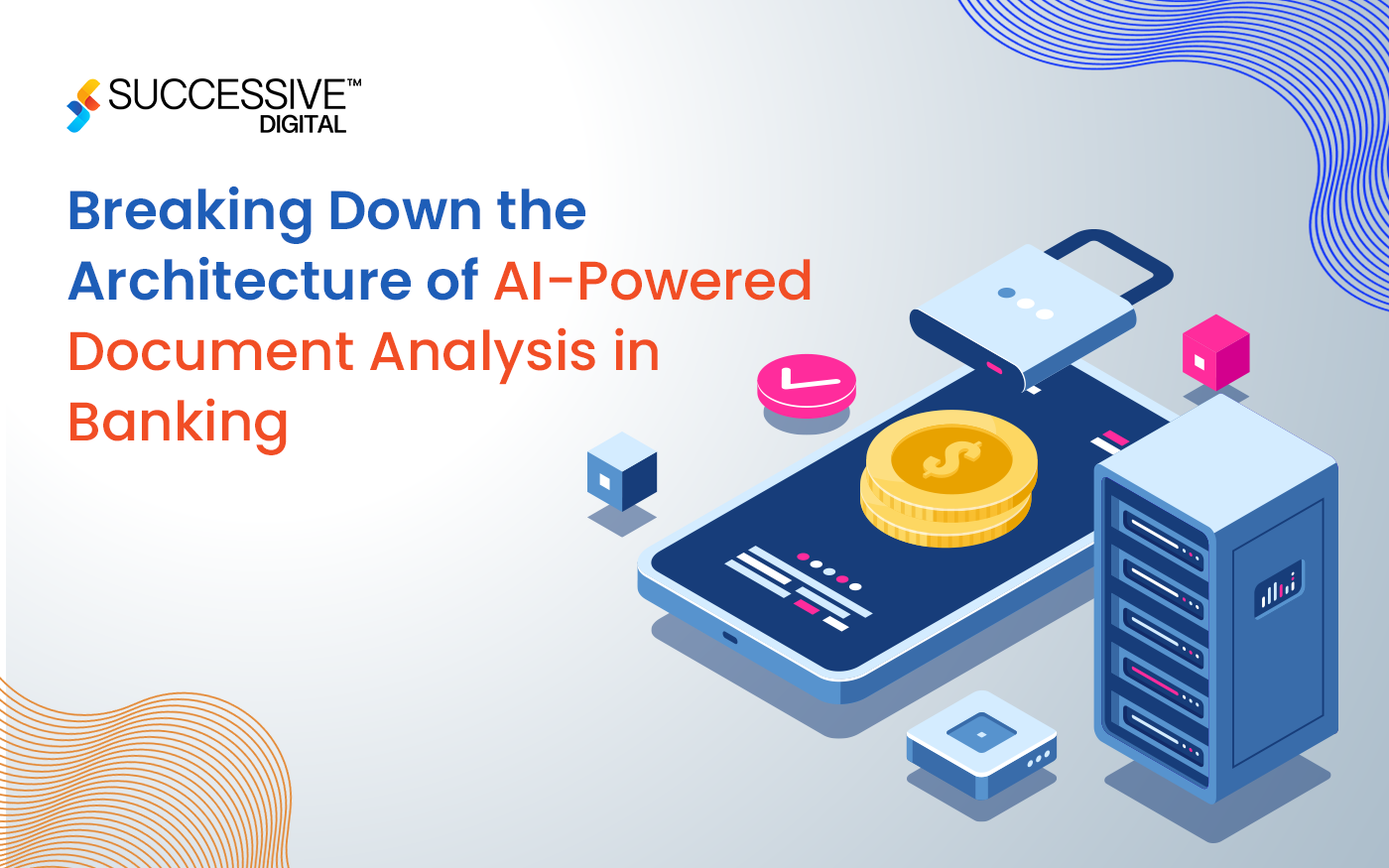Merchants have been facing a number of challenges, including retail barriers, over the last few years with rising inflation rates as the major culprit. Since trade is one of the fastest-growing and changing sectors in the world, there is a need for a swift and efficient solution to counteract these issues, improve operational efficiency, and drive business growth at scale. This is where Artificial intelligence (AI) greatly helps. The technology has not only helped us boost our day-to-day business operations but has aided us to continuously evolve and transform business processes.
Like every other major industry, commerce has effectively implemented AI in its operations and it has already started showcasing positive impact across all functionalities and processes. Whether it is for smart inventory management, personalized product recommendations, product search and optimization, kiosk-based self-service shopping or predicting future demand, AI is blending seamlessly into this industry.
Since commerce brings businesses closer to end-users, implementing Artificial Intelligence gives them a unique opportunity to enhance this relationship to the next level, by delivering a memorable customer shopping experience and encouraging repeat purchases. According to Statista, retailers utilizing AI and ML technologies have experienced an approximate 8% increase in their ROI in the last 2 years.
This blog highlights the role of AI in eCommerce ranging from overcoming barriers to powering smarter retail and the challenges merchants face followed with how this modern technology addresses them.
3 Major Retail Challenges
Even though AI primarily drives the commerce industry today, many merchants still rely on legacy methods. Due to this, they even fail to meet evolving customer needs, ultimately losing their competitive edge – regardless of how established their brand is. Let us understand what are the three major retail challenges merchants currently face:
-
Fragmented Customer Experiences Across Channels
Consumers now move with ease across the online-offline touchpoints to buy a product —searching from mobile, looking up prices from a desktop, and buying from a physical store. But the vast majority of them are still unable to offer one consistent and tailored experience across each of these. The problem is in the processes that span data siloes due to desynced systems (web, mobile, POS, CRM, etc.), messaging and content inconsistency, and lack of personalization that fails to account for individual tastes. It should be noted that unless customers are made to feel valued and noticed at each stage of their journey, then it results in decreased trust, decreased conversion rates, and diluted brand loyalty. According to McKinsey, a positive customer experience leads to a 10-15% boost in sales conversion rates.
-
Inefficient Operations and Resource-Heavy Workflows
Retail operations, such as inventory planning, logistics, product categorization, and customer service, are still heavily dependent on manual processes, outdated tools or legacy systems. These inefficiencies directly impact speed, cost, and customer satisfaction. Since the legacy systems are still in use, it leads to slow fulfillment and shipping processes, mismanaged inventory systems, low productivity due to manual processes, and poor Supply Chain Management (SCM). These operational inefficiencies completely drain your potential, let alone resource allocation mechanisms, and negatively impact your bottom line
-
Inability to Personalize at Scale
Personalization, which was earlier seen as a luxury by many merchants, is now the inevitable change. This is because customers now expect every interaction—from product discovery to post-purchase follow-ups, to be tailored to their behaviors, preferences, and history. While brands are collecting more data than ever, turning it into actionable, real-time personalization is still a big hurdle for merchants that rely on legacy systems. Again, they rely on manual processes, and missing out on automation creates a gap in meeting real-time customer requirements. As a result, there is no scope for personalization at scale, and merchants continue to deliver one-size-fits-all messaging and product suggestions that result in more losses than profits. Personalized experiences is the directive that every merchant needs to implement or else they will lose their customers, even the most loyal ones, to competitors that deliver more relevant and intuitive shopping journeys.
How AI in eCommerce Solves Operational Inefficiencies?
The applications of Artificial Intelligence in commerce are ruling out the major retail barriers that have long hindered scalability and profitability. By automating manual tasks, AI in eCommerce minimizes errors and allows human capital to be utilized for promotional and strategic activities. To make this evident, let’s take an example. If we speak of advancements in inventory management, the predictive analytics feature of AI allows merchants to forecast stock demand, which helps avoid overstocking and understocking situations.
On the other hand, customer support operations benefit from AI-powered chatbots, which provide instant, 24/7 support, making the response humane instead of a robotic feel, enhancing customer satisfaction, and reducing response times. These advancements not only enhance operational workflows but also contribute to a more responsive and customer-centric business model.
Also read- Role of AI in eCommerce- its evolution, benefits, & applications
What is the Future of AI in eCommerce?
Considering the current impacts of AI-powered commerce, it would be accurate to say that the eCommerce space will soon turn into AI-driven commerce. Not just as an option but as the only inevitable change. The rigorous implementation of Artificial Intelligence in eCommerce promises to transform shopping experiences. Not only the online space has observed the change but even the customers who still prefer to visit the store, try out the product, and then make a purchase. These AI trends in eCommerce show that the future holds so much more for this industry.
1. From Hyper-Personalization to Dynamic Personalization
Delivering hyper-personalized shopping experiences is already on the move and you will realize that many merchants are already serving it, no matter the shopping mode (online or offline). But soon, with AI in eCommerce getting a stronger hold, there will be a shift towards dynamic personalization. This means personalizing the experience in real-time based on individual behaviour and user data, collected by the AI tools. This shift leads to more relevant interactions, increasing customer satisfaction and conversion rates.
2. Conversational Commerce
Adoption of AI in eCommerce by virtual assistants and chatbots makes it possible to facilitate natural, real-time conversations that assist customers right from product discovery & inquiries to final purchases. With the realization of customer intent and response, AI in eCommerce will continue to apply conversational tonality to simplify processes, satisfy customers with ZERO robotic experiences, and amplify their shopping journeys.
3. Intelligent Product Discovery
The next-generation AI technology leverages visual and semantic search capabilities to analyze customer intent and provide more accurate and relevant product suggestions. The AI-powered filters will be more and more embedded in the search boxes of the websites of the online stores to further enhance the search and browsing experience. This results in faster product discovery, with reduced friction and increased overall satisfaction.
4. Decision Intelligence
AI processes massive sets of data to deliver actionable insights, helping merchants with business and strategic planning. Based on this ability, the merchants will not only depend on AI solutions for efficiency but also for real-time insights in setting prices, inventory levels, advertising, and CX initiatives. With eCommerce leveraging AI, forecasting trends and consumer behavior will be easier, enabling merchants to stay ahead of market demands.
5. Intelligent Supply Chain Management (SCM)
It also enhances supply chain efficiency through predictive demand forecasting, automated inventory management, and logistics optimization. A study by McKinsey shows that integrating AI in logistics operations creates significant value, including reductions of 20 – 30 % in inventory costs, 5 – 20% in logistics costs, and 5 – 15 % in procurement spend. Corresponding to this adoption trend and outcome, the merchants will integrate AI tools for smarter supply chain management that will allow them to reduce costs, minimize disruptions, and swiftly adapt to market changes.
6. Agentic AI
Lastly, one of the most significant AI trends in eCommerce is Agentic AI. These are the sort of autonomous digital agents that reason and act independently without human intervention, like processing orders or managing inventories. In the context of AI in eCommerce, such agents assist in personalizing the shopper experience that a human agent may fail to provide.
They utilize Large Language Models (LLMs), NLP, and Machine Learning algorithms to not just carry out tasks, but also adding a “meaning and reasoning” to them. With zero need of human interventions these agents figure out the best possible ways to complete tasks, ultimately improving operational efficiency. The merchants will actively adopt and integrate AI agents within their system to give a significant boost to their operations that are still manually facilitated.
Final Takeaway
Artificial Intelligence has become a game-changing driver of business growth, blending throughout the eCommerce value chain. From driving customer acquisition and engagement through targeted advertising and voice commerce to optimizing operations in supply chain management and dynamic pricing, AI in eCommerce is a revolution that changes how merchants operate. In short, it is necessary to integrate AI throughout the entire business ecosystem, ranging from business strategies right up to the terminal phase of the customer journey for sustained growth and competitiveness.
So, don’t let the retail barriers hold back your business potential. Book your consultation with our AI strategy consulting experts, who will identify existing gaps and provide AI implementation strategies that will drive your business success.












